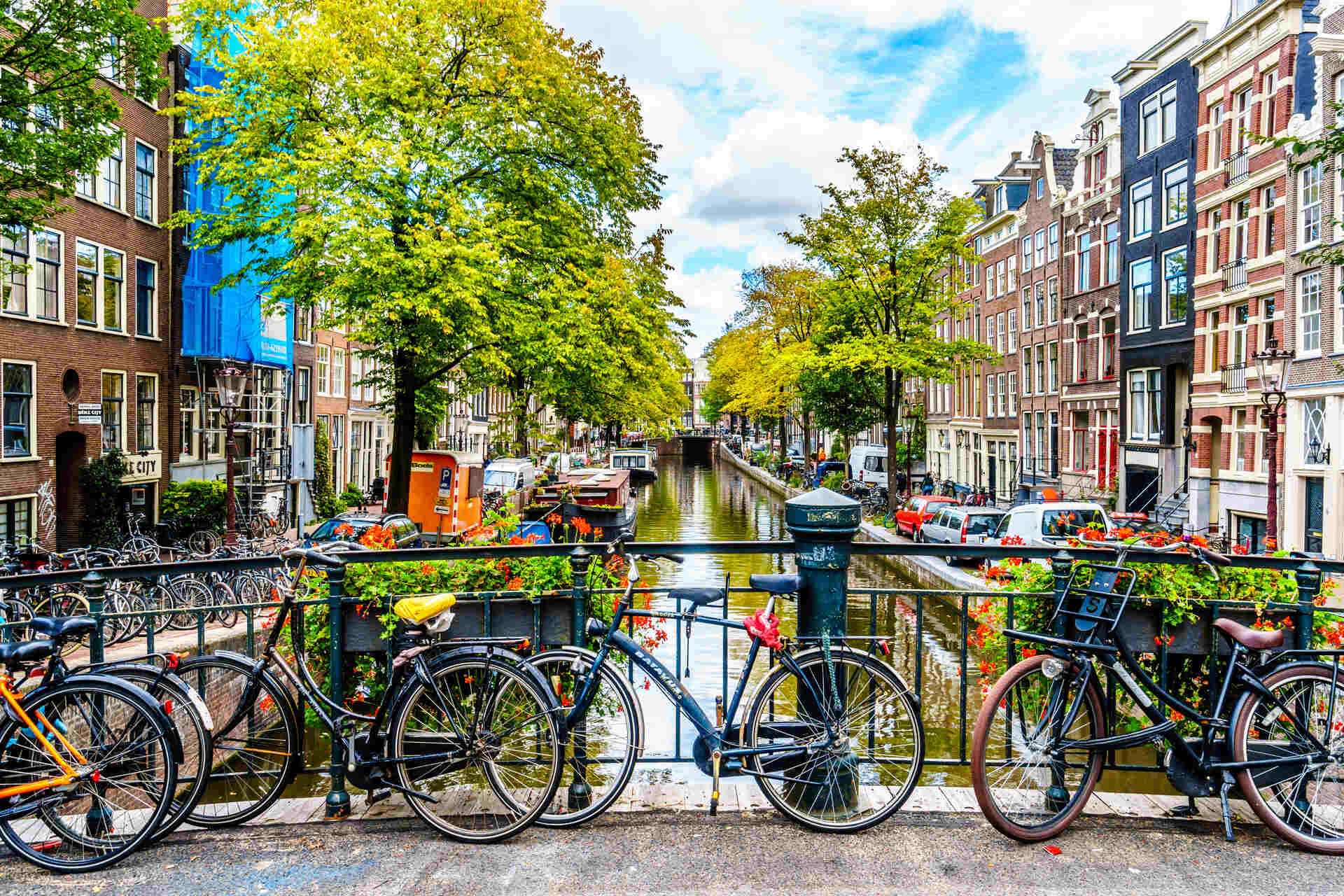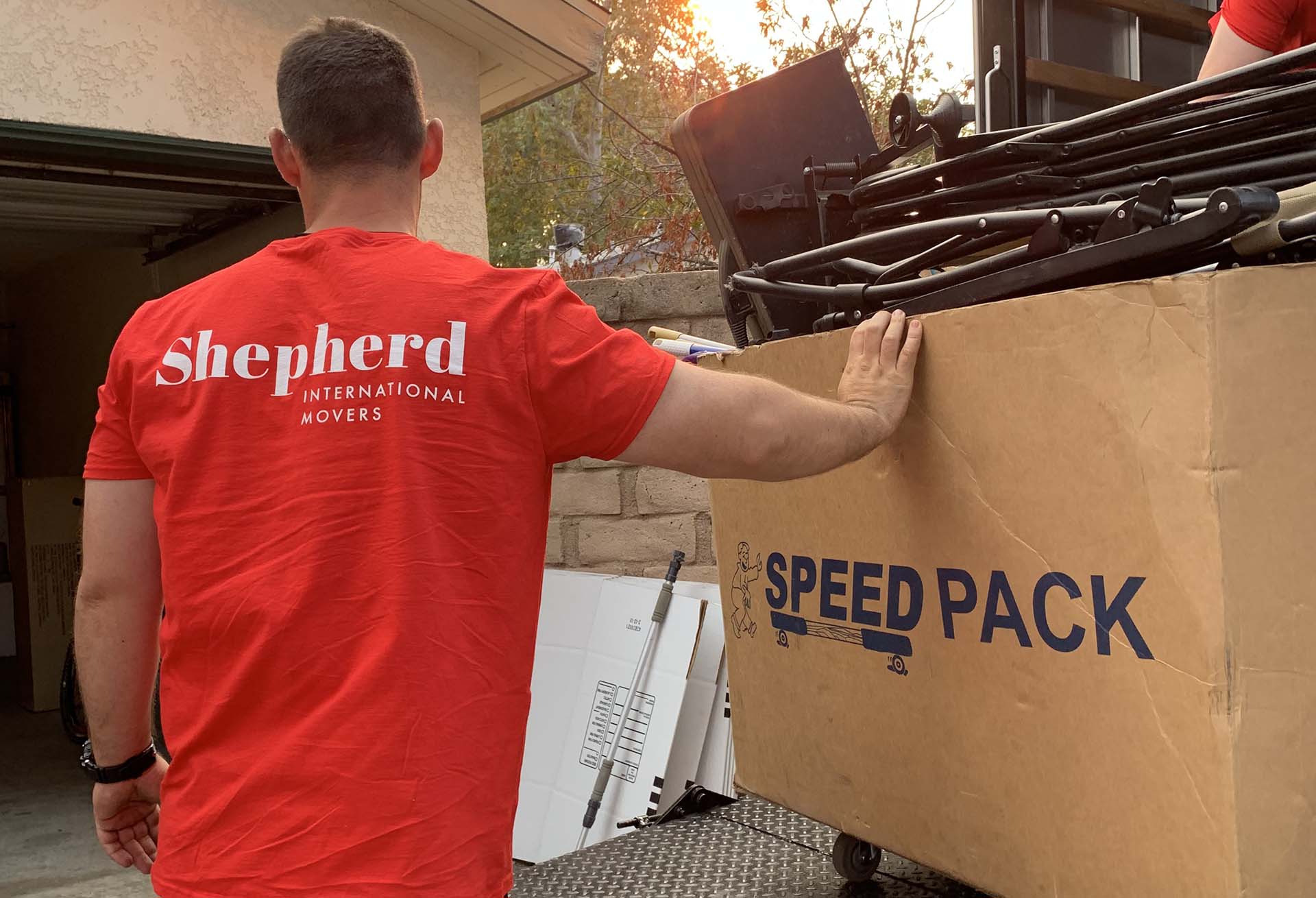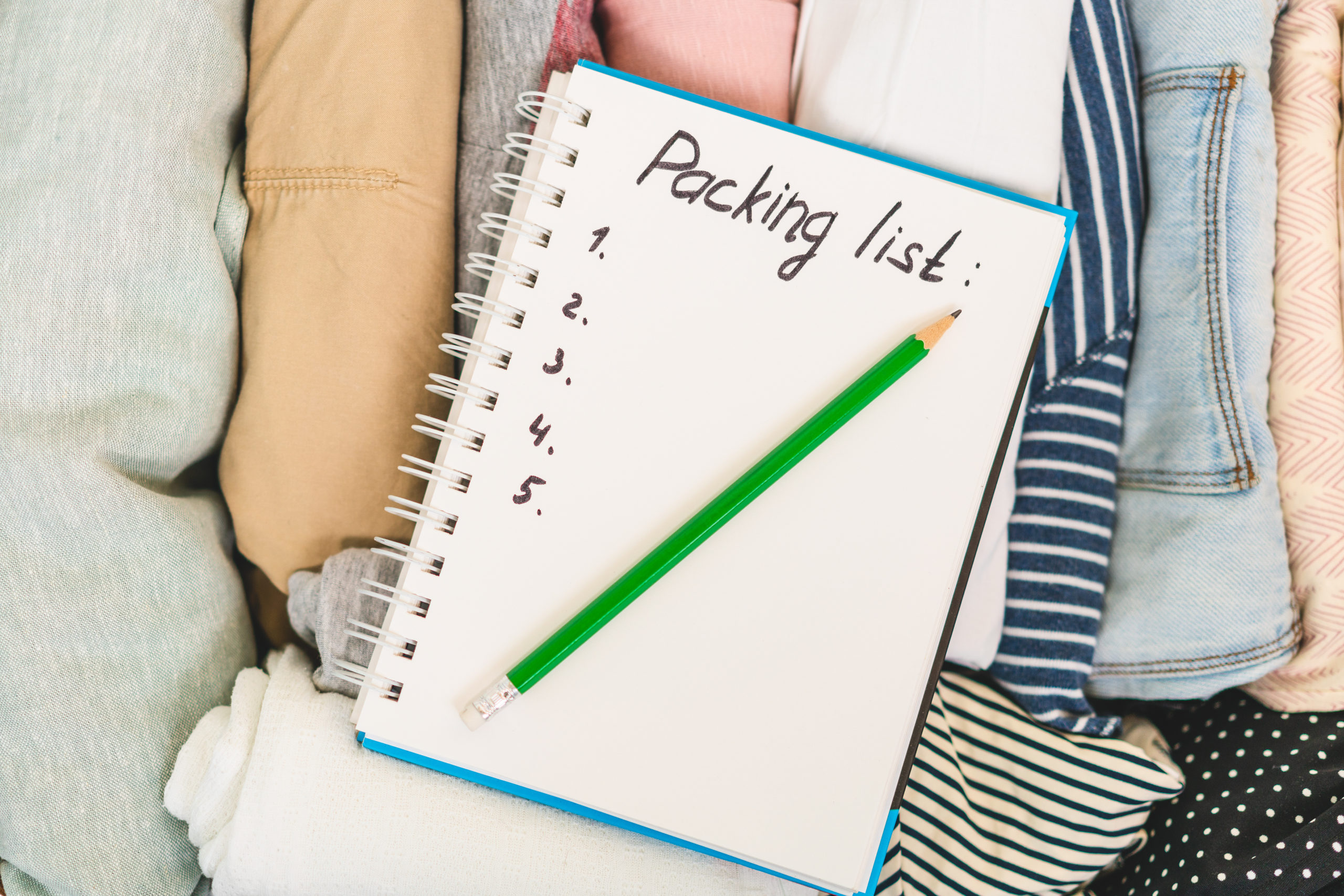

Ready to conquer new horizons? Begin a global adventure with a well-crafted moving checklist, turning the challenge of moving internationally into an exhilarating quest. Our clever tips and important insights will transform the journey from daunting to delightful. Think of it as your passport to a smooth transition, where every step, from packing to paperwork, is a part of the fun-filled voyage.
How can you create a moving-out checklist? Start by categorizing tasks into pre-move, relocation day, and post-move activities. For pre-move, focus on essential documents like visas, passports, and medical records, along with arranging international movers, housing, and financial matters. On the day of the relocation, ensure all belongings are packed and labeled, with essentials kept handy. Post-move, prioritize tasks like registering with local authorities, setting up utilities, and acclimating to a different environment. Remember, each item on the checklist should bring you closer to a seamless transition into the international home.
Why Do You Need to Create a Moving Checklist?
Creating a structured plan for an international transition is vital to prepare for the relocation effectively. This organized approach ensures that every crucial aspect, from logistical arrangements to personal documentation, is meticulously accounted for. Such a plan enables individuals to transition to their new environment with ease, reducing the likelihood of unexpected challenges.
By having a clear, detailed framework, the process becomes more manageable, allowing for a more efficient and stress-free adaptation to the new surroundings. This thorough preparation is key to relocating efficiently, making the journey to another country a more enjoyable and successful experience.
What Are the Challenges of Relocating Overseas?
International relocation comes with its unique set of challenges, often amplifying the usual relocation stress and increasing the potential for relocation mistakes. Navigating these hurdles can be too difficult sometimes. The first line of defense is knowing about possible mistakes and challenges that can arise. Here are some of them to remember:
- Cultural and language barriers – Adjusting to a different culture and possibly a new language can be overwhelming, impacting daily interactions and official procedures.
- Legal and documentation challenges – Ensuring all visas, work permits, and legal requirements are met is critical and often complicated.
- Emotional and social adjustments – Leaving familiar surroundings and social networks behind can be emotionally taxing.
- Financial management – Understanding and managing costs in a new currency and economic environment can be tricky.
- Risk of hiring moving scammers – There’s an increased risk of falling prey to fraudulent moving services that exploit the complexities of international relocation. The Better Business Bureau gets approximately 13,000 complaints regarding fraudulent movers every year.
The First Task on the Checklist for Moving Is Researching Your Destination Country
The initial step in preparing for an international relocation is to thoroughly research the destination country. This research is pivotal in making informed decisions about where to live, especially for those moving abroad alone. A comprehensive understanding of local laws, culture, and living conditions is essential.
Utilizing resources like the Numbeo website provides valuable insights into the cost of living, housing, and quality of life in various cities and countries. It’s advisable to delve into local customs, language basics, healthcare facilities, and public transportation options.
Additionally, connecting with expat communities and forums can offer practical advice and firsthand experiences. This groundwork lays the foundation for a smoother transition, ensuring that expectations align with reality and helping to mitigate cultural shock.
Do you still need to figure out where you’d like to relocate? Watch this insightful video about things that should be considered before deciding to relocate somewhere.
Set a Clear Moving Timeline
Establishing a clear timeline is crucial when moving abroad, ensuring all relocation essentials are addressed promptly. Start by determining key milestones – securing necessary documentation (passports, visas), researching and hiring an international moving company, and finalizing travel arrangements.
Set specific dates for packing, notifying relevant parties (employers, banks, utility providers), and arranging accommodations in the destination country. This timeline should also include a buffer period for unexpected delays or changes. Regularly revisiting and updating this timeline ensures that each critical step is completed efficiently and without last-minute rushes.
Start Budgeting for Your International Relocation
Effective budgeting is important for balancing finances abroad as well. Begin by estimating moving by sea or air expenses, travel expenses, and potential storage costs. Consider additional expenses such as visa application fees, initial accommodation costs, and emergency funds for unexpected expenses.
Research the cost of living in the destination country. Utilize budgeting tools or apps to track expenses and adjust as needed. This proactive approach to finances ensures a smoother financial transition.

Gather All Necessary Documents to Travel Abroad
When preparing for international relocation, gathering all necessary documents is a crucial step. This includes personal identification documents like passports, birth certificates, and driver’s licenses. Educational and professional credentials are also important, especially for those relocating without a job.
Medical records and vaccination certificates are vital for health-related needs. It’s also advisable to carry marriage certificates or other legal documents that may be required in a foreign country. Having these documents for traveling abroad organized, possibly with certified translations if needed, helps avoid legal or administrative complications upon arrival.
Visa and Immigration Paperwork
Begin by researching the specific requirements of the destination country, as visa needs can vary greatly depending on the purpose of stay and the country’s regulations. This research can typically be done through the destination country’s embassy or immigration website.
Ensure to start this process well in advance, as obtaining visas can be time-consuming. For those who plan to work, explore the requirements for a work visa, which often involves securing a job beforehand. Keep in mind that some countries may require an entrance or departure tax.
Health and Insurance Considerations
Gather all necessary medical documents, including immunization records, prescriptions, and a summary of medical history. If you have ongoing health conditions, ensure there is adequate medication for the transition period.
Research healthcare facilities and services in the destination country and consider purchasing international health insurance to cover any medical needs abroad. It’s also advisable to understand how the current health insurance policy works internationally and whether it provides coverage or reimbursement for overseas medical expenses.
Paperwork Needed for Managing Financials and Taxes
Managing finances and taxes efficiently is essential, especially for those looking to find a job abroad. Key paperwork includes bank statements, credit reports, and any investment records. Before leaving, inform the bank of the relocation to ensure access to your funds abroad and inquire about international fees.
It’s also crucial to understand the tax obligations in both the home country and the destination country. Keep documents like the previous year’s tax return handy. Consulting with a financial advisor or tax specialist experienced in international relocation can provide valuable guidance on managing bank accounts and fulfilling tax responsibilities.

Choosing the Right International Movers
Selecting the right international movers is a crucial next step in our relocation checklist. This decision should be based on thorough research and comparison. Request quotes from multiple companies to ensure competitive pricing. Look for companies that provide comprehensive services, including packing services, as well as vehicle shipping, if required.
Evaluate their experience in international moves, check customer reviews, and verify their licensing and insurance coverage. This due diligence helps in finding a reliable company that can handle the complexities of an international relocation, ensuring all belongings are safely transported to another home.
How to Spot Red Flags When Choosing a Company?
Recognizing red flags is essential to avoid relocation scams and ensure a reliable service. Be wary of companies that provide significantly lower estimates than others, as this could indicate hidden fees.
A lack of physical address, poor communication, or an unprofessional demeanor are also warning signs. Be cautious with companies that demand large deposits or full payments upfront. Genuine companies typically require a more reasonable deposit and balance upon delivery.
Furthermore, check for reviews and feedback online. If there’s a pattern of complaints regarding lost or damaged items, it’s a clear indication to look elsewhere. Ensuring the company has valid licensing and insurance is also crucial. These precautions are vital in securing a trustworthy company.
Begin Packing for The Move Overseas
Packing for an overseas relocation requires a strategic approach to ensure that everything arrives safely and efficiently. Begin by decluttering and deciding what needs to be discarded and what can be transported.
Use sturdy, high-quality packing materials and label each box with its contents and the intended room in the new home. It’s advisable to pack a separate essentials box with items you’ll need immediately upon arrival.
For valuable and fragile items, consider professional packing services offered by relocation companies. Remember, less is often more when moving internationally. Here are the most important strategies for packing:
- Declutter and categorize items to reduce volume,
- Use high-quality boxes and packing materials,
- Label boxes clearly for easy unpacking,
- Pack an essentials box for immediate needs,
- Consider professional packing for fragile items,
- Keep important documents and valuables with you.
Notify Relevant Parties About the Relocation
This includes informing the employer, bank, insurance providers, and any subscription services of your change of address. Start this process at least a month in advance to ensure a smooth transition of services and to avoid missing important communications. Remember to also inform local authorities if required by your current or future residence.
Take the time to say goodbye to friends and neighbors, as personal farewells are an important part of the moving process. This not only provides closure but also helps maintain relationships despite the distance.
Find Appropriate Accommodation In the Chosen Location
Finding appropriate accommodation in the chosen location, particularly when considering moving to a smaller home, can be efficiently managed through online resources. Begin by identifying the key characteristics required in a home. Utilize real estate websites and online platforms specific to the country or city you are relocating to.
These platforms often offer detailed descriptions, photos, and sometimes virtual tours of properties. It’s beneficial to read reviews or join expat forums to get insights into different neighborhoods and what living in them is like. Consider temporary housing options like short-term rentals or serviced apartments.

Network and Search For Open Positions
Leverage professional networking platforms like LinkedIn, which can connect you with industry professionals and potential employers in the destination country. Update the profile to reflect your impending move and your interest in opportunities abroad.
Visit job search websites that are popular in the specific country, as they often list a wide range of opportunities and provide insights into the local job market. Engaging in industry-specific forums and online expat communities can also be beneficial.
Arrive In the New Country Without Hassle With Our Help
Arriving in your new country without hassle is achievable with the right preparation and support. From gathering all necessary travel and relocation documents to setting a clear relocation timeline and budget, each step is crucial for a smooth transition. With Shepherd International Movers by your side, every aspect of the international relocation is meticulously handled, assuring you of a seamless experience. Contact us for expert guidance and support in making your global move a resounding success.
FAQ
How Do I Prepare for an International Move?
Research the destination country to understand its cultural norms, legal requirements, and living conditions. Next, gather essential documents like passports, visas, and work permits. Create a detailed moving timeline, including dates for packing and travel. Budgeting is crucial, so estimate the costs of shipping, accommodation, and daily expenses. Address healthcare needs by securing international health insurance and compiling medical records.
What Do I Need to Move Overseas?
Key documents like a valid passport, necessary visas, and work permits are fundamental. Carry important personal records, including medical documents, vaccination records, and insurance policies. It’s wise to take financial documents and set up international banking options in advance.
For personal belongings, prioritize items that are necessary and difficult to replace, such as certain electronics, prescription medicines, and a selection of clothing suitable for the climate of the destination. If relocating permanently, consider shipping large items or household goods.
What Do I Need to Do When Moving Overseas?
First, secure all necessary legal documentation. Learn more about the destination country. Familiarize yourself with its cultural norms, language, legal system, and living conditions. Financial planning is crucial, so create a detailed budget that covers all moving expenses, travel costs, and initial living expenses in the new country.
Plan the logistics of transporting the belongings, deciding what to keep and what to leave behind. If relocating for work, make sure to have employment arrangements in place.
How Do I Move to Another Country Checklist?
When planning a move to a new country, it’s important to approach the process with a clear and organized checklist. First, focus on the legalities: gather the passport, apply for visas, and handle any additional paperwork. Research and secure a place to live in another country, whether it’s a rental or a purchase.
The physical aspect of the move involves sorting and packing all belongings and choosing which items to bring along, sell, or store. If you’re relocating for work, make sure your employment details are finalized. Invest time in understanding the cultural and social nuances of the new country to aid in acclimatization.













